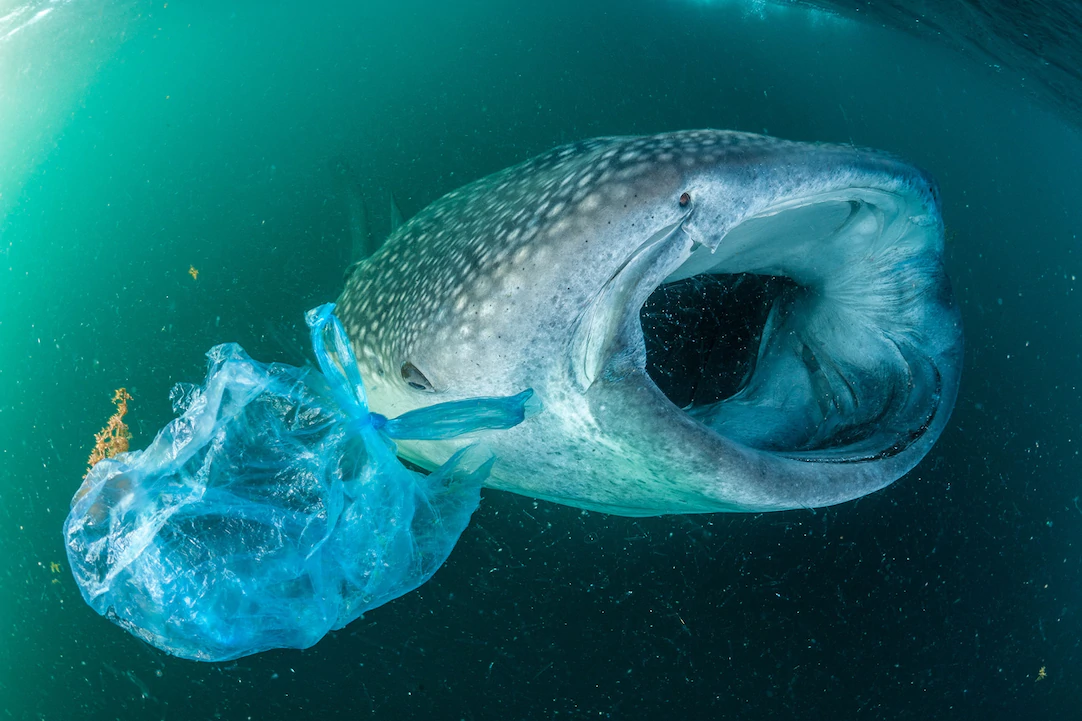Plastic pollution has become a global environmental crisis, with devastating effects on our oceans, wildlife, and human health. Thankfully, there is a growing awareness and a collective effort from individuals, organizations, and governments around the world to combat this issue. In this blog post, we will explore some of the worldwide efforts being made to tackle plastic pollution and create a more sustainable future.
1. Bans and Restrictions
One of the most effective ways to combat plastic pollution is through the implementation of bans and restrictions on single-use plastics. Many countries and cities have taken the lead in this area, prohibiting the use of items such as plastic bags, straws, and disposable cutlery. These measures encourage the use of more sustainable alternatives and reduce the amount of plastic waste entering our environment.
2. Recycling and Waste Management
Improving recycling and waste management systems is another crucial aspect of the fight against plastic pollution. Governments and organizations are investing in infrastructure to ensure proper collection, sorting, and processing of plastic waste. By implementing effective recycling programs, we can reduce the amount of plastic ending up in landfills or being improperly disposed of, ultimately preventing it from polluting our ecosystems.
3. Education and Awareness
Education and awareness play a vital role in changing behaviors and attitudes towards plastic consumption. Many initiatives focus on educating individuals, especially younger generations, about the environmental impact of plastic pollution. By raising awareness about the importance of reducing, reusing, and recycling plastic, we can empower people to make more sustainable choices in their daily lives.
4. Innovative Solutions
Advancements in technology and innovation have also contributed to the fight against plastic pollution. Scientists and researchers are developing new materials that are biodegradable or made from renewable resources, offering sustainable alternatives to traditional plastics. Additionally, there are initiatives focused on cleaning up existing plastic waste from our oceans and rivers, using innovative technologies like floating trash collectors and ocean cleanup vessels.
5. International Cooperation
Plastic pollution knows no borders, and it requires a collective effort from all nations to address this issue effectively. International cooperation and collaboration are essential in sharing knowledge, best practices, and resources. Organizations like the United Nations Environment Programme (UNEP) and the Ocean Cleanup are working with governments and stakeholders worldwide to coordinate efforts and develop global strategies to combat plastic pollution.
6. Consumer Choices
Ultimately, the power to combat plastic pollution lies in the hands of consumers. By making conscious choices and opting for sustainable alternatives, individuals can significantly reduce their plastic footprint. This includes using reusable bags, water bottles, and coffee cups, as well as supporting businesses that prioritize sustainable packaging and products. Small changes in our everyday habits can make a big difference in the fight against plastic pollution.
Conclusion
Plastic pollution is a complex issue that requires a multifaceted approach. Through bans and restrictions, improved recycling and waste management, education and awareness, innovative solutions, international cooperation, and individual consumer choices, we can collectively combat plastic pollution and create a cleaner and healthier planet for future generations. It is through these worldwide efforts that we can make a significant impact and pave the way for a more sustainable future.



































